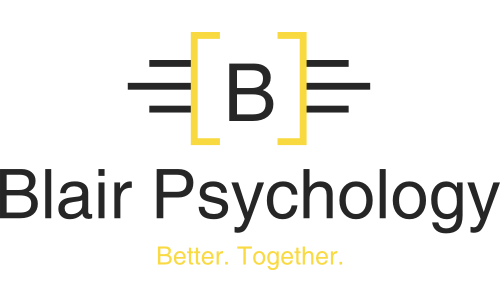“Between stimulus and response there is a space. In that space is our power to choose our response. In our response lies our growth and our freedom.”
― Viktor E. Frankl
In last week’s post we introduced the idea of being response-able. Response-ability is when we are able to inhibit our initial impulsive reactions in order to engage in value consistent responses. This is a defining characteristic of healthy relationships, and mature people.
Step one in cultivating response-ability is looking back at past interactions to identify where you reacted instead of responded. By identifying these reactions and recognizing them in their earliest stages we can develop the ability to pause.
Step 2: Prepare for Spaces in Future
Most couples really only have a handful of fights that take a predictable and reliable path each time conflict is initiated. The great news about this is that because these patterns are so reliable, they’re also easy to identify and correct.
Learn the pattern!
If you can identify the triggers that are most likely to pull for a reaction rather than a response, you can develop a skill called coping ahead. Coping ahead is internally rehearsing a situation ahead of time so that you are prepared to respond skillfully when it occurs.
Here are some tips to cope ahead:
Identify the situations that are most likely to prompt problematic reactions. Be specific in describing the situations. Name the emotions and actions likely to interfere with your ability to respond in a manner that prioritizes the connection with your partner and the health of your relationship.
Imagine the situation in your mind as vividly as possible.
Decide how you would ideally like to respond. Be specific. Write out a detailed script that you can refer to in the future. A response doesn’t have to be spontaneous to be sincere.
Practice responding effectively. Rehearse your actions, your thoughts, what you will say, and how you will say it. Practice makes progress!
Coping ahead may sound like a lot or work but if you’re like most couples, it’s probably time to try something new. More importantly, it’s time to try something that actually works. Remember:
“If you always do what you’ve always done, you’ll always get when you’ve always gotten.”
Step 3: Be Present
Be here now. Scan your mind. Scan your body. Scan your emotions. How do you feel? The truth is we’re not always in a space where we can respond effectively and that’s okay. However, we are responsible for identifying those moments and taking the appropriate steps to keep ourselves from reacting poorly and hurting the people we love. Go for a walk, take a break, breathe, practice self-care. Communicate to your partner when you are not response-able, but also communicate that you understand the importance of resuming the conversation when you are.
Being response-able is not easy. But with practice you can get there.
Check back next week for our post on the Window of Tolerance.
Have a topic you’d like to hear about? Email me at Drjblair@gmail.com

